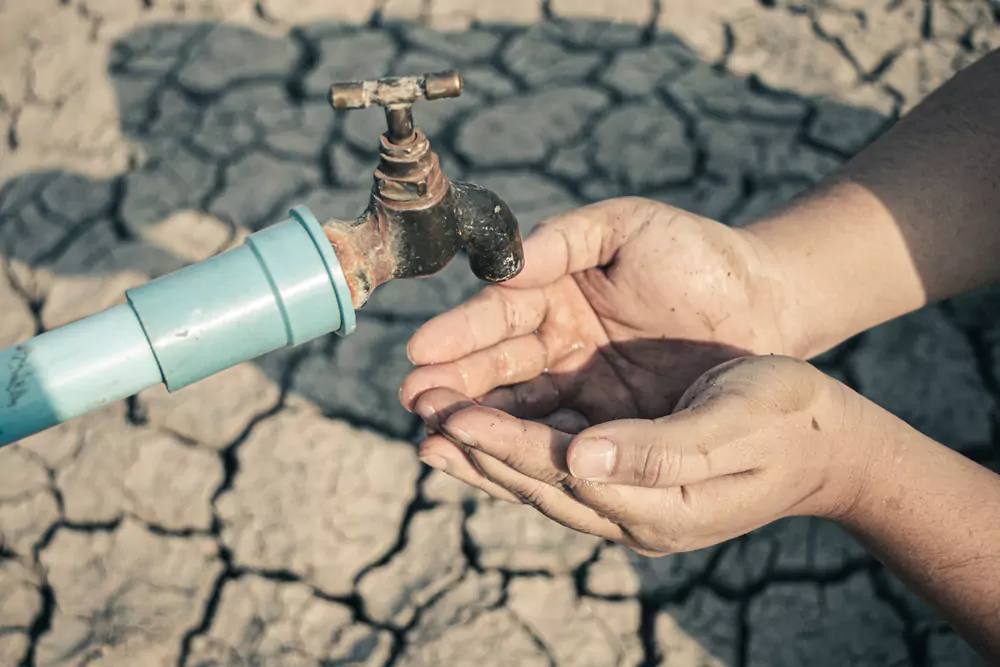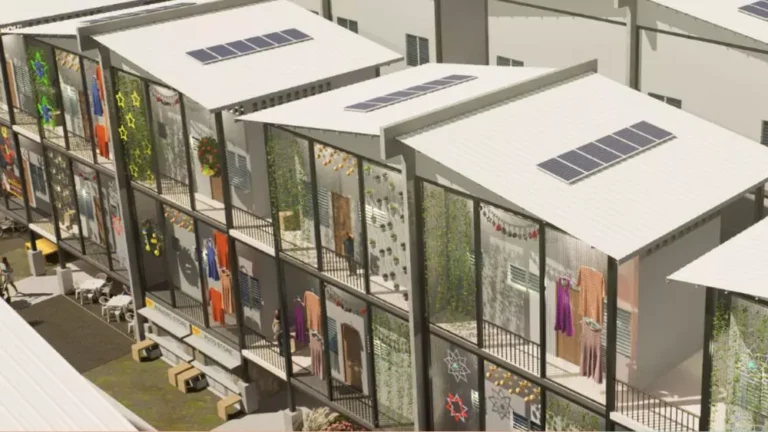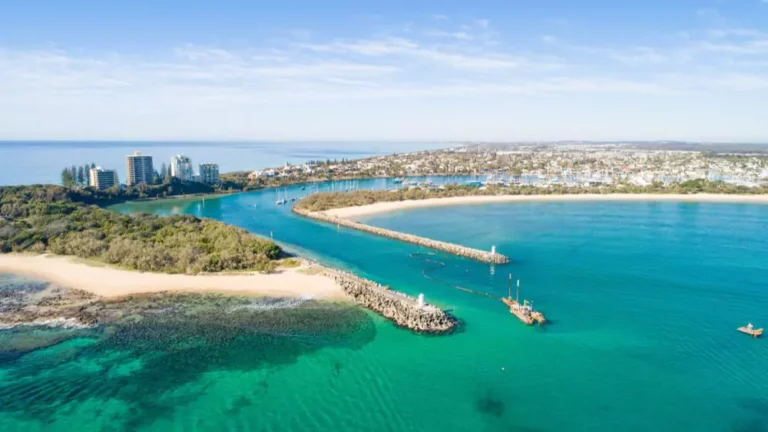The global water-security crisis, and other headlines

For PropertyGuru’s news roundup, the water crisis is plain to see, yet fixing the problem is not only within reach; it is a human-made crisis and must be resolved through human interventions. In other stories, extreme heat leaves no trace, making it deadlier than hurricanes, floods, tornadoes, and all of these extreme weather events combined. Lastly, the needs of the elderly should be put at the heart of smart city construction in Thailand.
The visible hand: The water-security crisis
When it comes to water, the world confronts an unsustainable situation. Yet fixing the problem is not only within reach; it is also the low-hanging fruit in tackling climate change and generating jobs and growth.
The water crisis is plain to see. Year after year, in one region after another, record-high heatwaves and droughts are followed by destructive storms and floods. Food systems are running dry and cities are sinking as we reach the limits of extracting water from the land. More than 1,000 children under the age of five die each day from illnesses caused by unsafe drinking water and a lack of sanitation, and hundreds of millions of women spend hours each day collecting and hauling water.
According to The Edge Malaysia, this is a human-made crisis, and it can and must be resolved through human interventions. But to achieve equity and sustainability everywhere, we will need new approaches to governing water and a wave of vastly higher investment, scaled-up innovation, and capacity-building. The costs of these moves are insignificant compared to the economic and humanitarian harms that will be inflicted by continued inaction.
How extreme heat became the deadliest silent killer among world weather disasters
Unlike the visible devastation of hurricanes, floods, and tornadoes, extreme heat leaves no trace, making it deadlier than all of these extreme weather events combined.
From 2000 to 2019, about 489,000 people died from extreme heat around the world annually, according to a modelling study reported in The Lancet and cited in HKFP. Some 45 percent of these casualties happened in Asia, the world’s most disaster-hit region from weather and climate hazards; 36 percent were in Europe, the world’s fastest-warming continent, where heat-related mortality has increased by around 30 percent in the past two decades.
These estimates are often much higher than official data. This is because accurate tracking of heat-related deaths is challenging and many countries still lack proper record-keeping. Unsurprisingly, heat is often referred to as a “silent killer” and it has quickly become the deadliest extreme weather event in many parts of the world.
Urban planning for Thailand’s ageing society
While smart cities are seen as providing some of the solutions to the problems thrown up by an ageing society in Thailand, the needs of the elderly should be put at the heart of smart city construction, according to academics from Chulalongkorn University.
The school’s faculty of architecture teamed up with the Digital Economy Promotion Agency (DEPA) on Wednesday to hold a signing ceremony for an MoU on “Lifelong Learning Ecosystem for Smart City Development”.
Bangkok Post reports that the inking of the pact was followed by a speech and a seminar highlighting the needs of the elderly and how better-designed cities can accommodate them.
The Property Report editors wrote this article. For more information, email: [email protected].
Recommended
Meet the expert helping overseas investors crack Australia’s property market
Ivan Lam of property advisors Charter Keck Cramer helps clients navigate Australia’s complex real estate dynamics
ARES White Paper Volume 3: The era of adaptive reinvention
Pioneering sustainable and innovative practices in urban development
ARES White Paper Volume 2: Unravelling the power of data revolution in real estate
Insights on proptech, smart cities, and sustainable development
ARES Digital White Paper Volume 1: The fundamentals of responsible building
Green and climate heroes join forces to discuss how Asia Pacific can weather the current environmental crises and the looming effects of climate change






